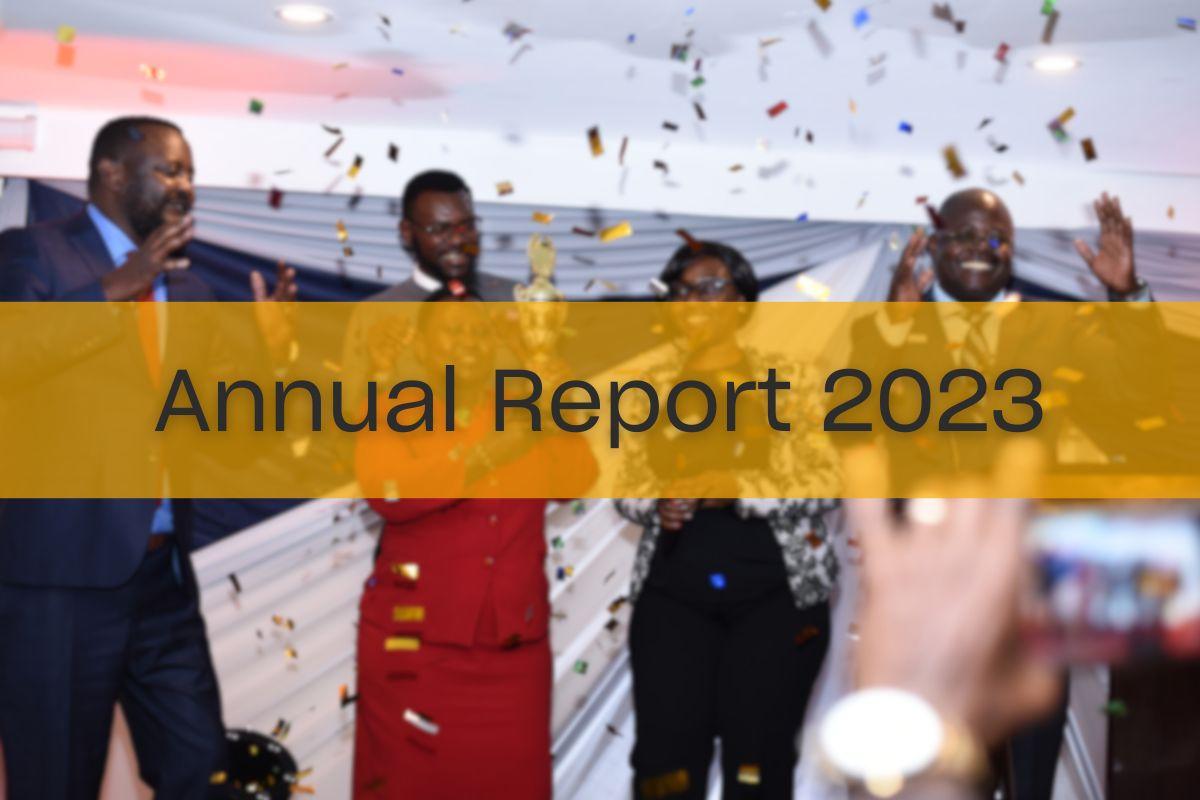The decline in the state of democracy around the world continued in 2023. While there are increasing signs of geopolitical instability, it is crucial to emphasise that strong democracies are shown to be resilient during times of crisis. Defending democracy not only as a value but also in practice remains as relevant as ever.
The country contexts for democracy support, including those for Demo Finland, are at times characterised by instability and political uncertainty. The work on enhancing multi-party dialogue with a focus on politically underrepresented groups – such as women, youth and persons with disabilities – remains important, and Demo Finland’s cost-effective work has been proven to bring excellent results.
This annual report shows results that Demo Finland and its partners achieved in 2023.
In 2023, we
- supported programmes in 10 countries (including Finland)
- worked with 102 political parties
- reached 1132 female and 644 male politicians in our international programmes
Highlights of our results
In Ethiopia, gender inclusiveness has started to gain the political party leaders’ support: In previous years, the review meetings with political parties on women’s political participation were attended mainly by rank-and-file members, but the meeting in December 2023 brought together mostly political party leadership from 25 political parties.
In Kenya, there are now 13 more persons with disabilities appointed to National Executive Committees of 8 political parties compared to the end of the previous year. 14 political parties are successfully implementing pledges and commitments to strengthen disability inclusion and 14 political parties now have a functioning, institutionalised disability league.
In Mozambique, there is an increased co-operation between Members of Parliament, Members of Provincial Assemblies and civil society organisations on issues related to the extractive industry. Similarly, an improved dialogue with the MPs and MPAs on citizens’ concerns and oversight visits to the communities can be seen, with a total of 16 community meetings organised in 2023. These forms of co-operation and consultation are expected to continue even after the new representatives for the assemblies are elected in 2024.
In Myanmar, amid ongoing civil conflict, a significant milestone was achieved in Kayin State with the establishment of a multi-stakeholder dialogue platform. This initiative brought together 15 stakeholders who, despite severe risks, committed to regular meetings to address political updates and collaborate on a unified vision. These dialogue meetings aimed to reach a consensus for the ongoing state constitution drafting process, emphasising inclusivity and equality. This effort created a trusted, locally governed space for sustainable democratic discourse and collaboration.
In Somalia, the one-year project shaped the political environment of Puntland by supporting political associations to adopt issue-based campaigns, inclusive policy development, and promoting dialogue approaches. The project strengthened the skills and understanding of 133 politically active women on decision-making processes, policy development and advocacy. The project also supported the establishment of a multi-party network for women in order to bring together women from different political parties and agree on common areas for advocacy to enhance the participation of women in politics.
In Sri Lanka, an external evaluation of the 4-year co-operation found that the programme has been relevant and coherent in addressing the specific situation in Sri Lanka regarding women’s political participation. The project effectively enhanced the skills, knowledge, and confidence of elected women councillors, indicating a successful transition from mere numerical representation to professional participation in political processes.
In Tunisia, the Youtube channel “Freesh” was created earlier in the programme to provide simplified and appealing political content aimed at re-engaging youth who are not politically active. At the end of 2023, “Freesh” had 199,700 followers on different media platforms and a total of 8.7 million views, which suggests that it has successfully captured the attention of disengaged young people with its content addressing current societal topics.
In Uganda, the first edition of the Uganda Democracy Academy for young politicians took place successfully. As a result of trust-building activities, the communication among the participants representing different political parties started to change from general distrust to listening to each other and understanding each other’s perspectives.
In Zambia, the number of persons with disabilities joining political parties on their own initiative is increasing, as is the recruitment of PWD members by political parties. Eight political parties started reviewing their party documents, structures and practices in the previous phase of the programme, and in 2023, final disability inclusion plan drafts were disseminated by seven political parties.
In Finland, Demo Finland’s training for women’s wings of parliamentary parties increased the level of participants’ understanding on the global state of democracy and women’s political participation and created an atmosphere of trust and peer-learning between the representatives of political women’s organisations. 90% of the participants stated that the training increased their confidence to take part in debates regarding foreign and security policy.
Read our Annual Report 2023 here (opens in a new tab).

